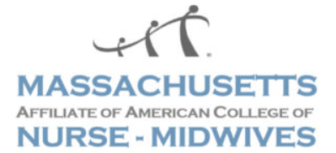Partnered Sites
PICCK aims to partner with the forty-four Massachusetts birth hospitals.
Advisory Committee
The members of our Advisory Committee represent a variety of Massachusetts public health leaders, hospitals, and professional organizations who provide advice to the program and assist in the distribution of program information to their constituents.
We are grateful for the ongoing support and advice received from our Advisory Committee from the following organizations.






































